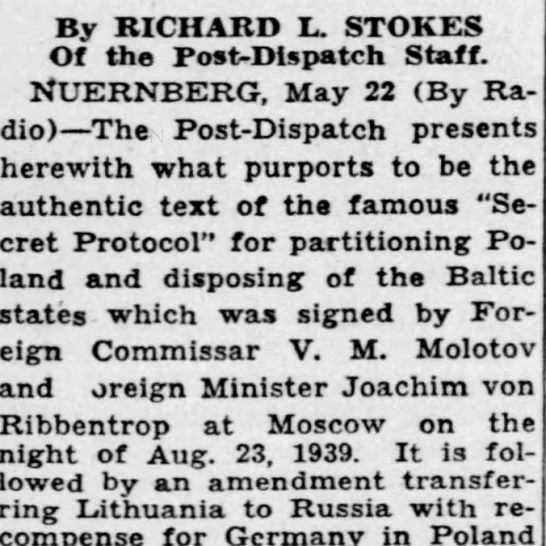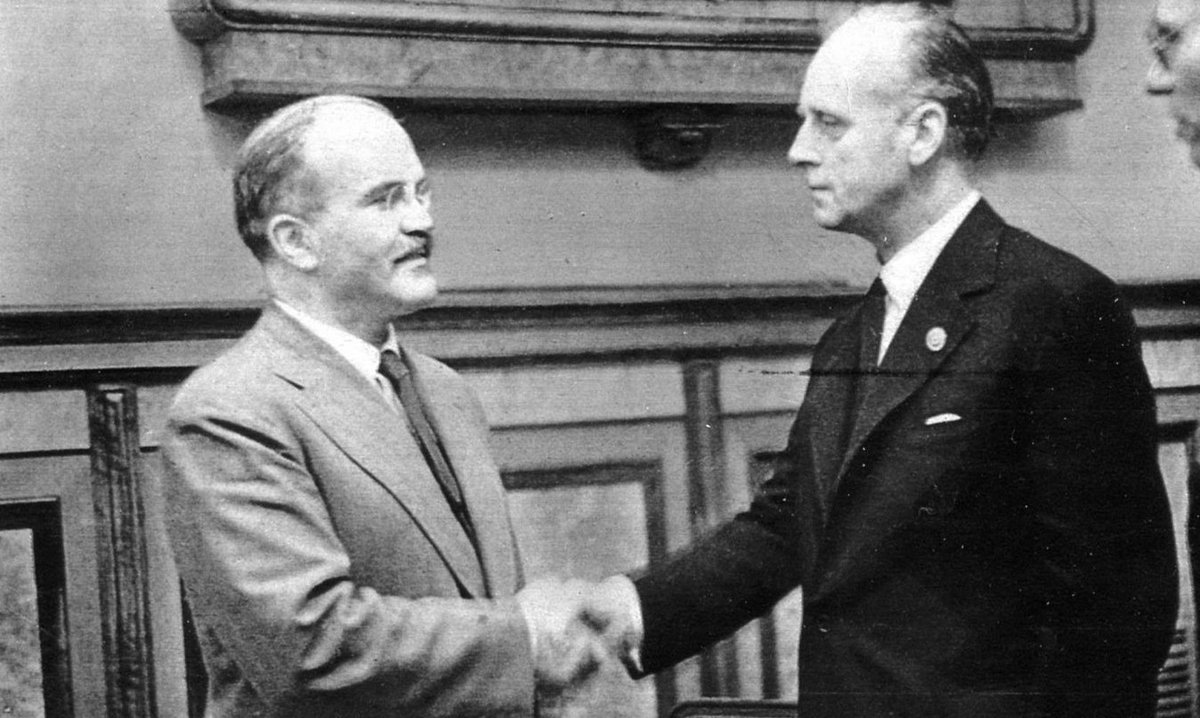
On the morning of May 23, 1946, Soviet assistant prosecutor Nikolai Zorya was found dead in his hotel room in #Nuremberg. Zorya, below, had presented key parts of the Soviet case. 

Zorya’s death was reported to Moscow as a suicide. In Nuremberg, the Soviets put forward another story: Zorya had accidentally shot himself while cleaning his gun.
No one really believed that Zorya’s death was an accident—especially in the wake of the public exposure of the secret protocols to the Soviet-German Non-Aggression Pact.
The interpreter Tatiana Stupnikova speculated that it was either a suicide or a murder and later recalled how she and other members of the Soviet delegation had “silently mulled over” the possibilities.
Some members of the U.S. prosecution privately blamed the Soviet secret police. Assistant prosecutor Thomas Dodd speculated that Zorya had gotten too friendly with the Americans and the British and that the NKVD had “removed” him.
Zorya’s son later suggested that his father had grown uneasy about the Katyn case and had asked to return to Moscow to talk to Andrei Vyshinsky about flaws in the Soviet evidence—which might have concerned someone enough to order his execution.
Suspecting foul play and anxious to avoid an international scandal, U.S. chief prosecutor Robert H. Jackson bypassed the U.S. military’s Criminal Investigation Division and had one of his own people quietly investigate the story.
Word came back that it was not likely that a Russian general would be cleaning his own gun, especially while it was loaded and pointed at his forehead. Jackson, who wanted to keep the trials moving along, kept this quiet.
Soviet deputy chief prosecutor Yuri Pokrovsky escorted Zorya’s body to Leipzig, in the Soviet zone, where it was buried in an unmarked grave.
#OTD, 75 years ago at the #Nuremberg Trials
• • •
Missing some Tweet in this thread? You can try to
force a refresh







